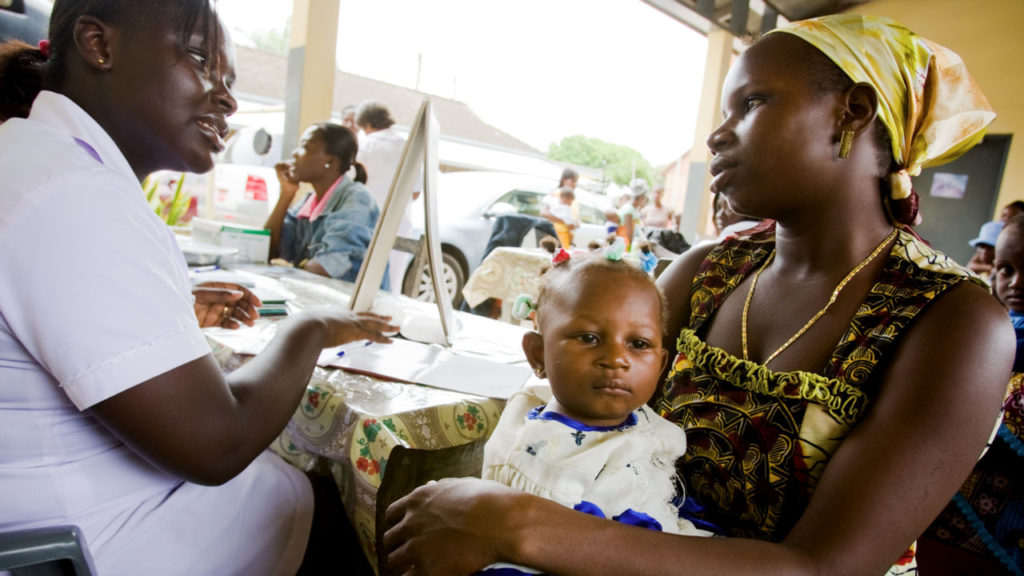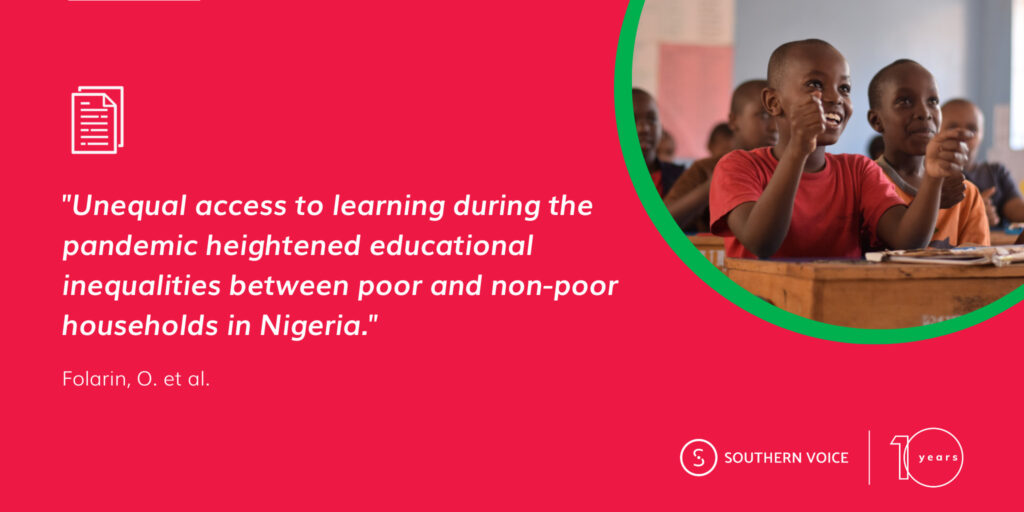Adequate health financing is a critical element of any strong healthcare system. In Sub-Saharan Africa, financing and payment models for primary, secondary, and tertiary health care can be significant tools for improving issues of access, quality, and equity in care delivery. While much effort is made to understand the financing approaches that may be optimal for health systems at large, little is known about financing mechanisms that may work best considering the dominance of out-of-pocket payment and, more importantly, the impact that unexpected, informal costs for care may have on health-seeking behaviour. The abolition of user fees for public health facilities has become increasingly popular in many low-income countries, with results from numerous studies noting an increase in access and utilization for the poorest populations. However, abolishing user fees often does not remove the cost of many goods and services related to a care episode. Though some patients may pay no initial fees for a basic service such as an initial consultation, there are often treatment-related costs that are unknown to the patient.
Even with health insurance or under “free” social schemes, evidence suggests that many patients in Nigeria’s public health facilities still pay a significant amount of care-related costs. The discrepancy between the expected free cost of care at public facilities and the actual cost of treatment often means that poorer patients pay as they are able to gather funds. Abolition of user fees and fee exemptions may not effectively protect access to health services among the poor. The majority of fee removal and exemption mechanisms have not meant an end to the existence of informal fees and other care-related costs. A better understanding is needed of the existence of fee removal mechanisms, whether they are able to increase access for the poor, or if other supplemental mechanisms may be necessary.
Download PDF

 English
English
 Arab
Arab
 Deutsch
Deutsch
 Português
Português
 China
China





